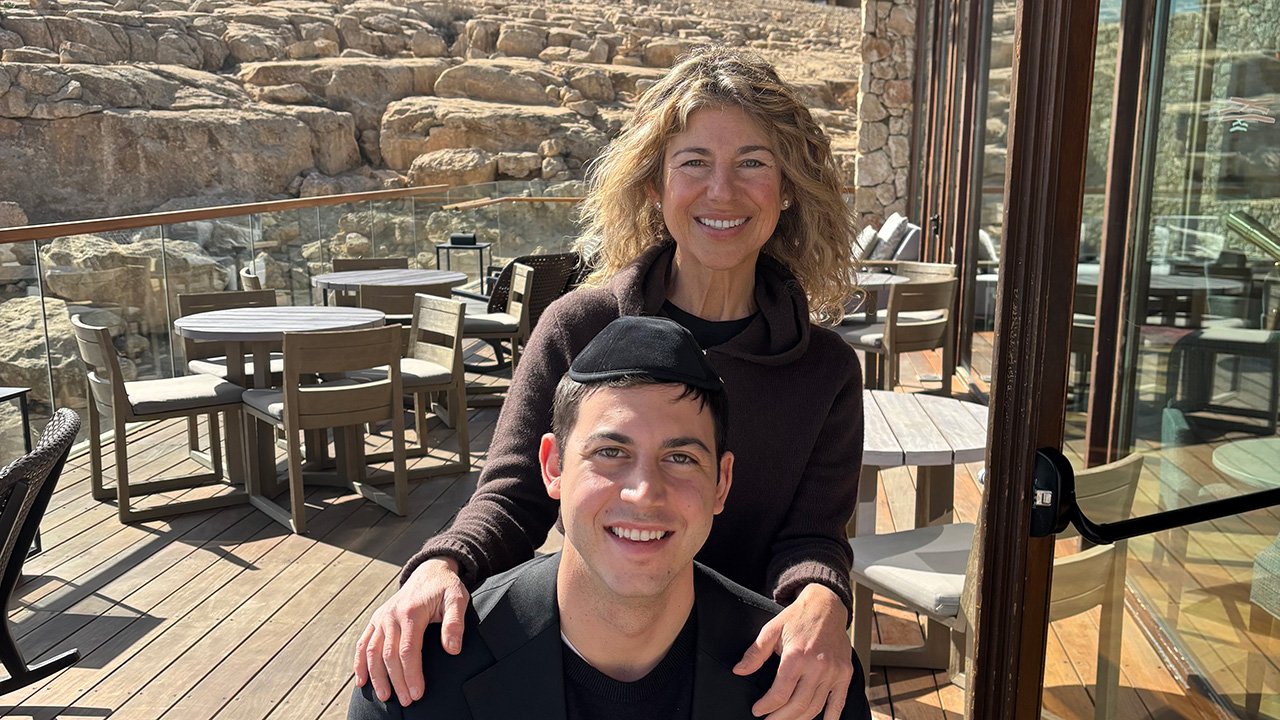Is Help a 4 Letter Word?
"How do I make it happen??" was the question I often asked myself as I grew up and well into adulthood.
I was raised to be independent, resourceful, and high-achieving. Bars were not set low in my family. I embraced that perspective and elevated it further because, for whatever reason, I felt compelled to deconstruct and reimagine what others considered ‘good enough’.
It wasn't about me and people like me; it was about me alone. It didn't seem worth pursuing if I couldn't achieve, create, or solve something independently. It felt like a continuous reenactment of the "tree falling in the forest" analogy in my life. If I didn't accomplish it entirely on my own, did I deserve the credit for it?
Decades later, David Whyte’s words of wisdom—“Help is strangely something we want to do without as if the very idea disturbs, and blurs the boundaries of our individual endeavors as if we cannot face how much we need in order to go on,” — helped me understand the belief that I should be figuring things out entirely on my own, is not unique to me.
The belief that anything worth doing must largely be done alone had me experiencing a tsunami of self-doubt, confusion, and emotional upheaval in my 40s. When I asked myself the reliable question, “How do I make it happen?” all I heard back in return was silence. Sometimes, I’d listen to mean, judgemental voices, but most often, I’d hear silence.
It took me a while to understand that I was asking myself the wrong question.
Reading Marshall Goldsmith’s book, “What Got You Here Won’t Get You There,” let me realize that what might have worked so far is no longer serving me but is actually getting in the way of future self-growth and fulfillment.
“But it worked so well, for so long! Why do you want to mess with a good thing?” my mind would whine. But the truth is that we only have to look at our results to understand whether a behavior is working or not. My results were no longer stellar, and even if they matched everyone else’s description of success, I felt confused, disappointed, and exhausted.
Today, I have these conversations with young adults I’m fortunate to coach. They are grappling with what is commonly called a "Quarter Life Crisis." What many of us face in our 40s and 50s, they confront in their 20s.
In this case, they also bear the weight of anxious and concerned parents. Everyone is left wondering if they've done something wrong!
Parents question years of devoted, affectionate, and purposeful parenting while their highly accomplished young adults, accustomed to surpassing personal and societal expectations, question their capabilities, talents, and aspirations… in every facet of their lives.
There are many tactical and strategic ways to help with this Quarter Life Crisis for our Millennials and those of us who feel alone and somehow broken because we can’t figure out “the answer.” But before unpacking strategies, we need to shift our mindset, and the best way to start that journey is by asking the right question.
“How do I make it happen?” may have gotten us here, but it won’t get us there. The most helpful question now may be, “Who do I need to talk to?”
Shane Parrish puts it insightfully in his book, “The Great Mental Models”: “The biggest barrier to learning from contact with reality is ourselves. It’s hard to understand a system we are part of because we have blind spots, where we can’t see what we aren’t looking for, and don’t notice what we don’t notice."
As a Professional Coach, this is what I know is true. Only a little happens when we work in isolation. However, with the right partners, anything is possible.
How would your life change, and what might be possible for you if every time you face a question, challenge, and desire, you ask, “Who do I need to talk to?” In my experience, a professional mentor, therapist, counselor, or coach is a better choice to help us than our friends and family. A professional, ideally, has no agenda other than supporting you to gain clarity and take steps to achieve your unique goals. Our friends and family, loving and trustworthy as they are, cannot help but bring their history and beliefs into the conversation.
The first and most fundamental step is the shift to understanding that you are not alone and are not expected to solve everything by yourself.
In Whyte’s words, “... to ask for the right kind of help and to feel that it is no less than our due—that in effect, we deserve both a visible and an invisible helping hand—may be an engine of transformation itself.”










